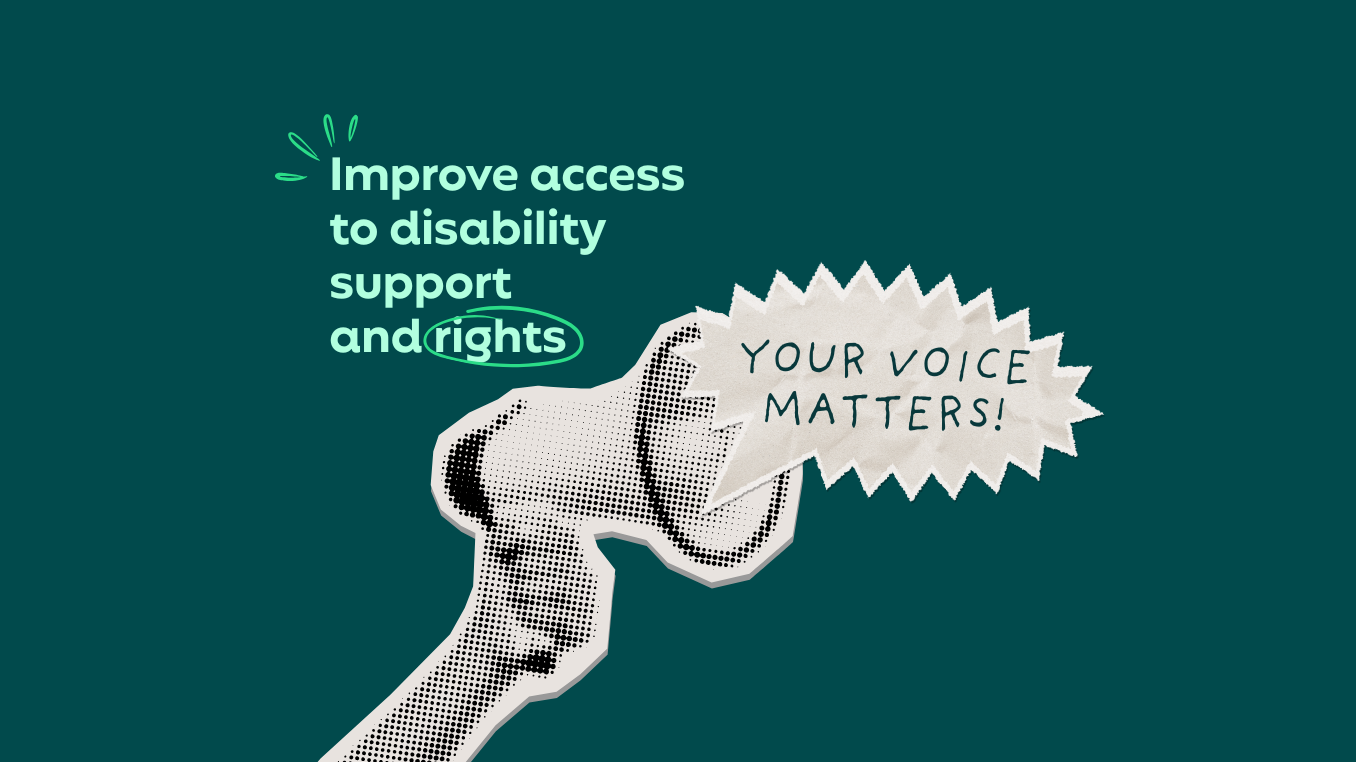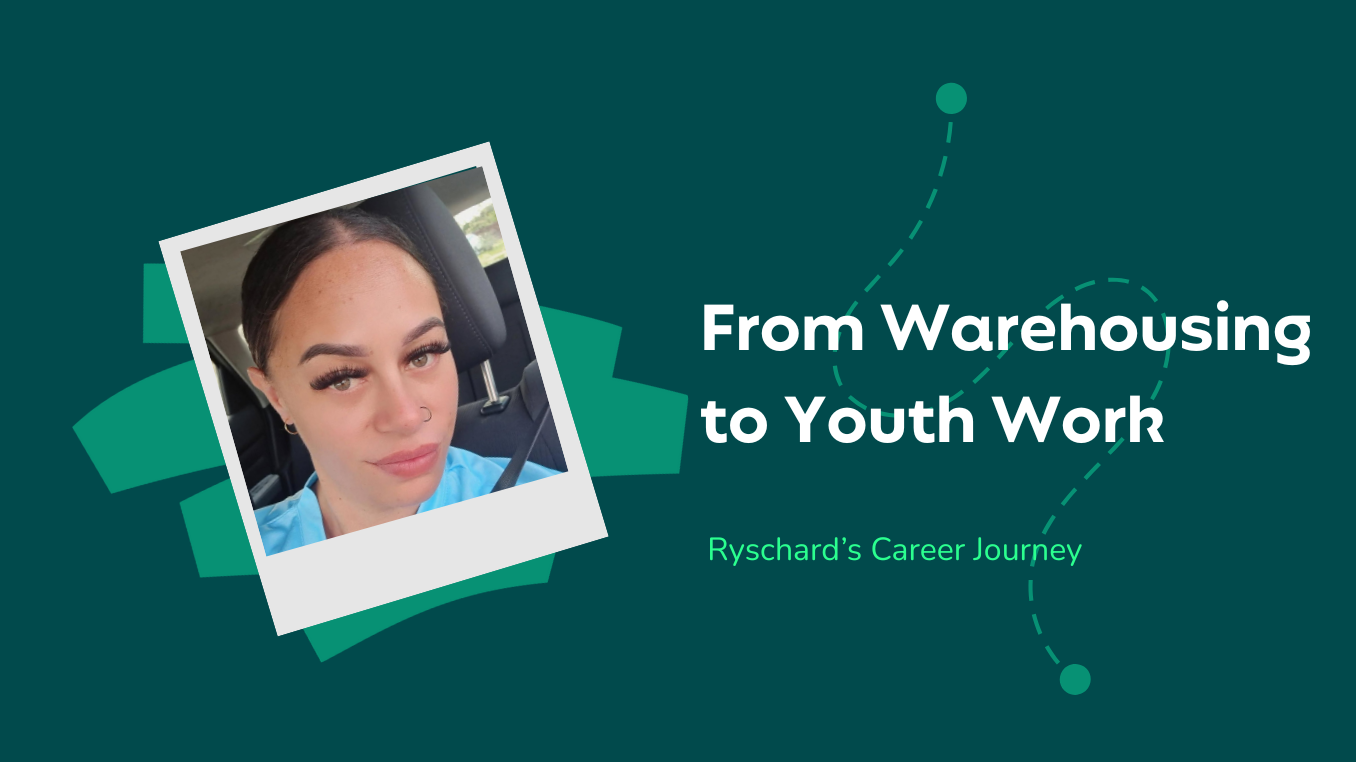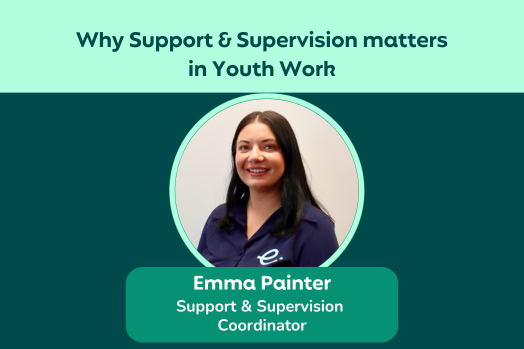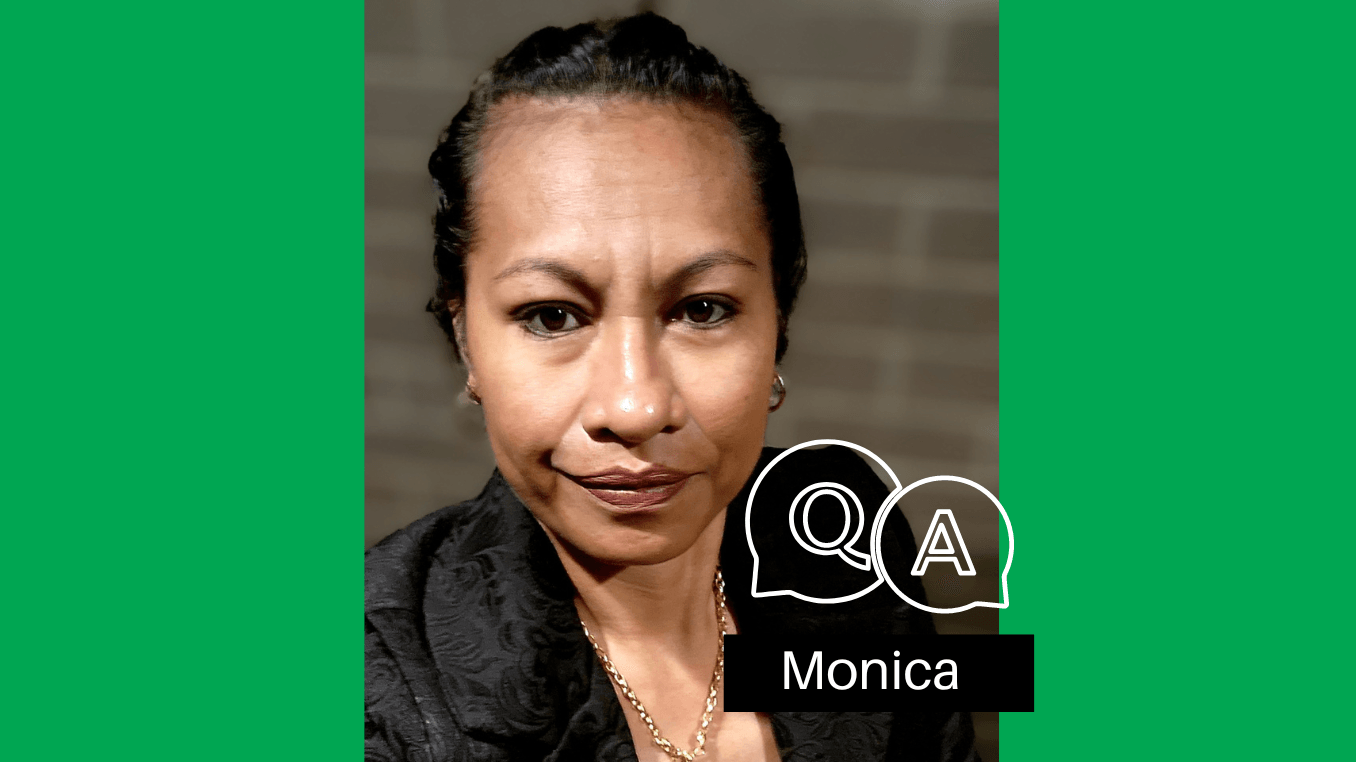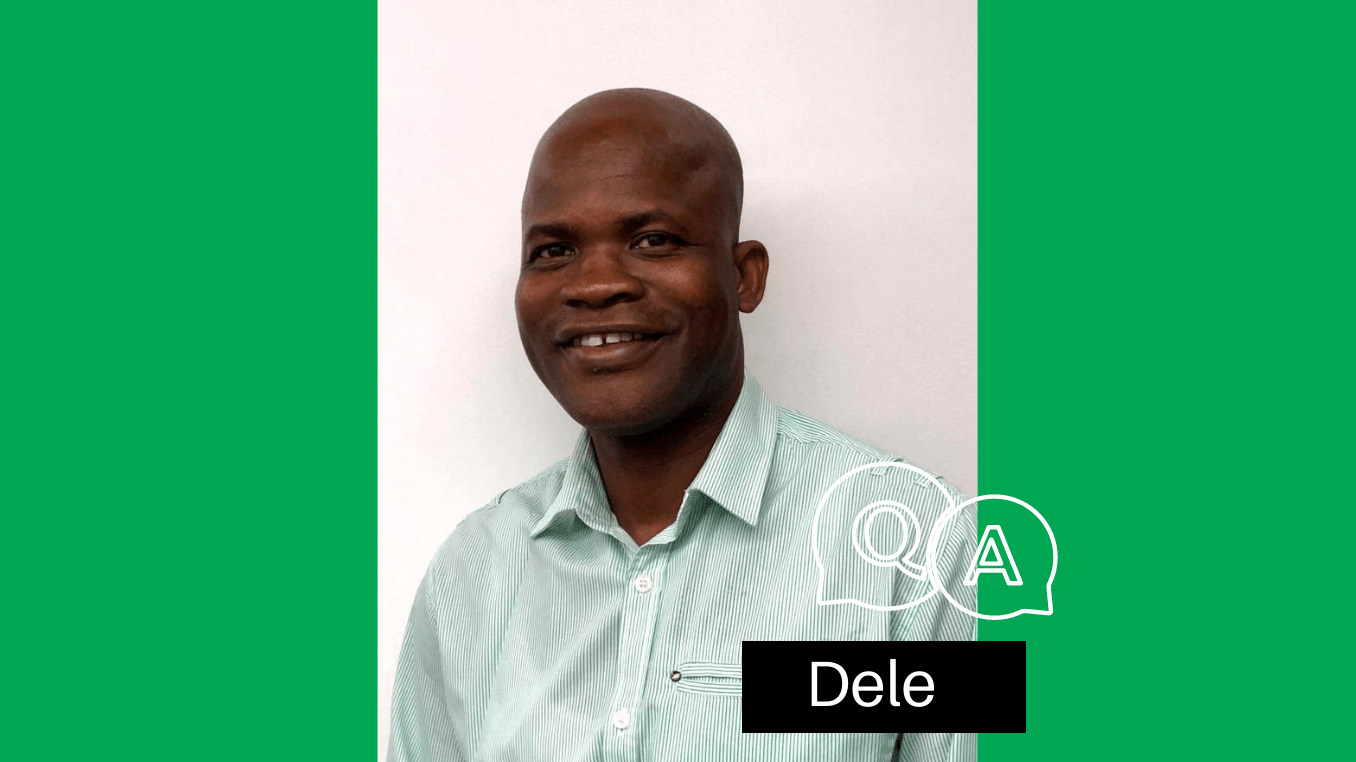New to disability support? What you need to know about the NDIS
For anyone seeking work with purpose, disability support is an amazing career choice, but one term might have you scratching your head and wondering where you fit in the grand scheme of things. That term? The NDIS. Where does a disability support worker fit into the NDIS framework? The answer is not as complex as you may think, but there are some need-to-knows. Don’t worry though, we’ve got you covered! Armed with this handy guide we will help you navigate the NDIS like a pro!
Firstly, let’s run through a little background about the NDIS by starting with the basics, what do the letters stand for?
NDIS = National Disability Insurance Scheme. Aimed at supporting half a million Australians living with a disability, the NDIS provides over $22 billion in funding to help people build skills and enjoy independence by accessing relevant services. The NDIS rolled out in mid-2013 following a Productivity Commission inquiry in 2010 which found the existing system was failing and required an overhaul.
What is most important to understand about the NDIS is that it is not a welfare service, it’s insurance so that people living with a permanent or significant disability can connect with clubs, services and medical professionals in their local area and not be disadvantaged by cost or access.
So how does it work?
Each person is assessed on an individual basis, and a plan is created in partnership with the individual. The plan may include things like goals such as ‘getting a job’ ‘playing a sport’ ‘meeting new people’ The NDIS participant then gets to choose where they direct their funds. Choice and control are the two key attributes of the NDIS where the participant can access what is referred to as ‘reasonable and necessary supports.'
What does it have to do with being a disability support worker?
Well, everything. As a disability support worker, you could be working to offer day to day, respite or residential support to someone who has allocated their NDIS funding to support services. As NDIS funding falls into categories such as employment, social participation, health and wellbeing and education, as a disability support worker you will be there to help individual goals become a reality - you are key to the NDIS functioning!
To learn more about the nitty-gritty of the NDIS you can view the Government information here, but hopefully, this has answered some of those burning questions - whether you’re already in a disability support role or considering jumping into one. The disability sector is experiencing exponential growth which is predicted to continue so it’s a great time to join this rewarding and fast-growing sector.
Looking for your next career opportunity in the community service sector? Check out our open roles and join the Edmen crew today.
Edmen Community Staffing Solutions Blog
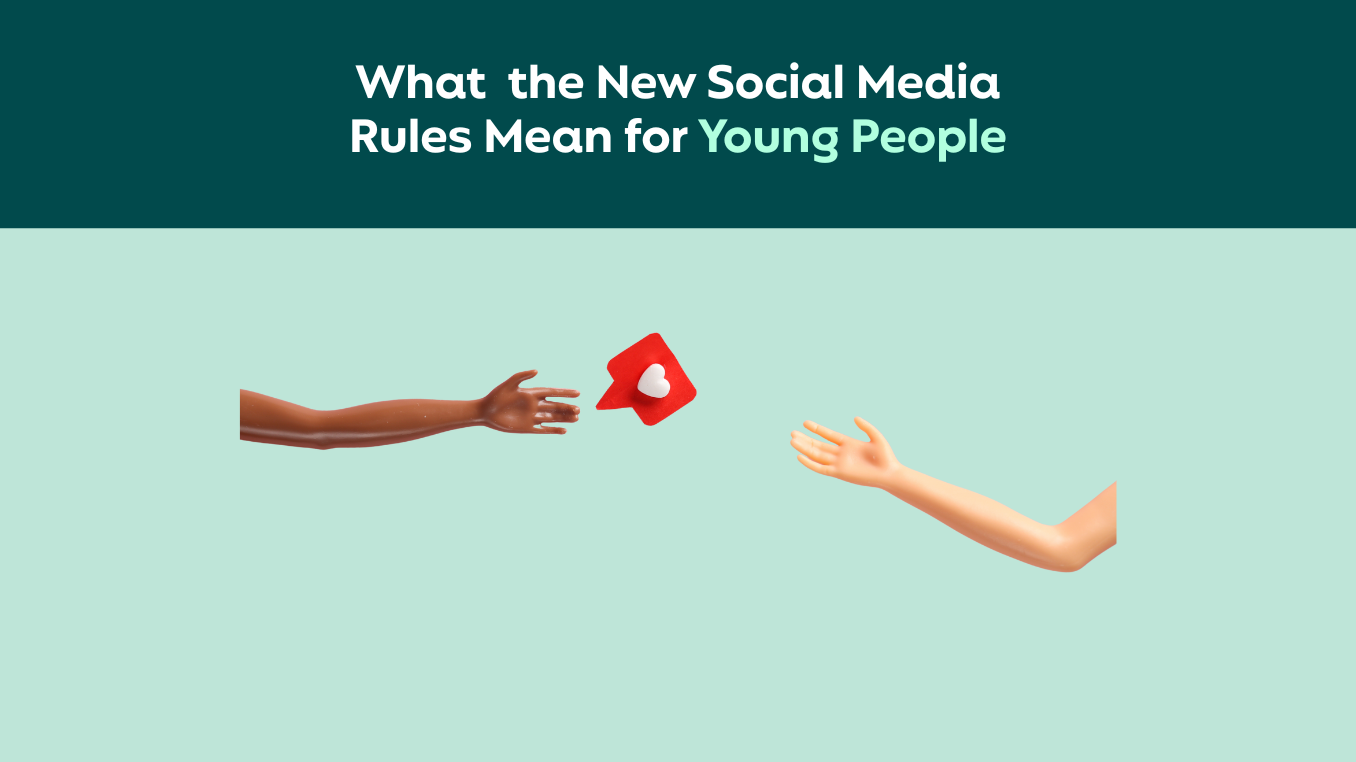

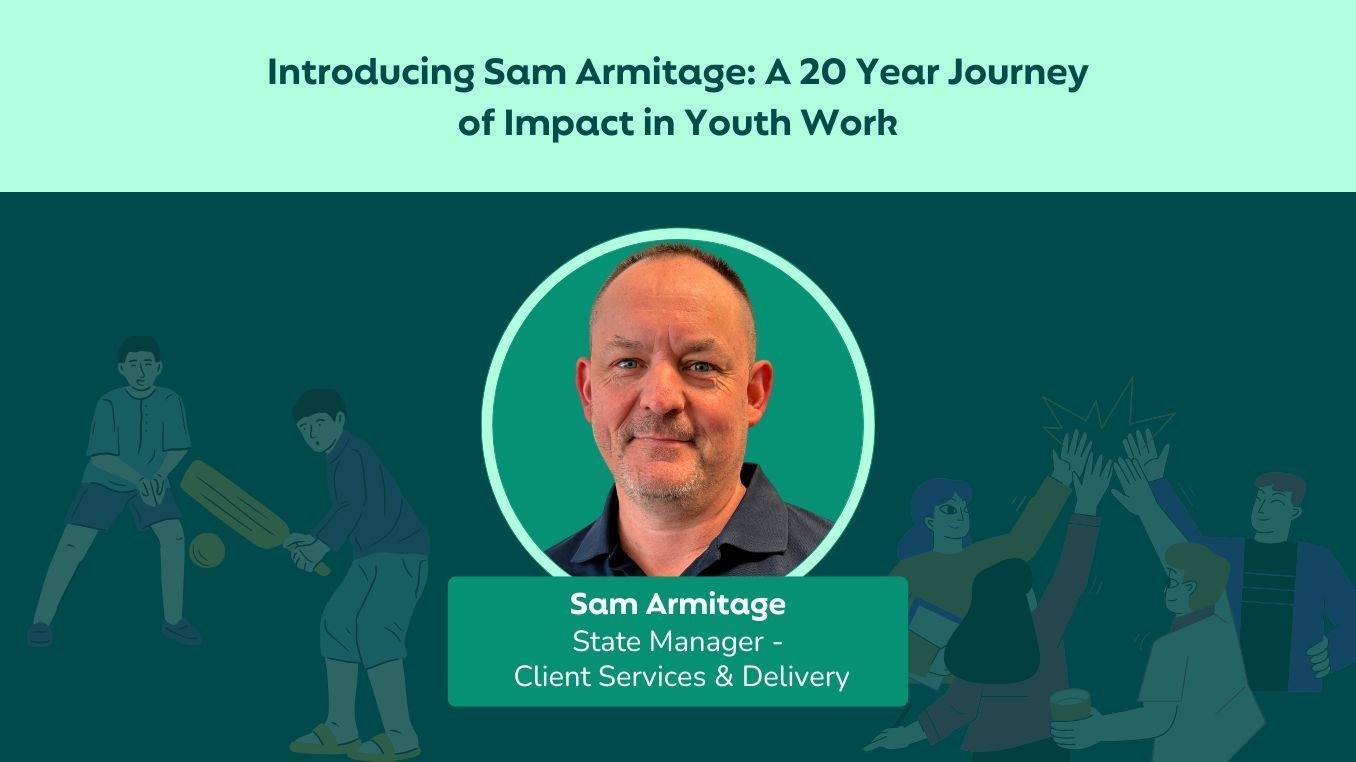


Edmen Community Staffing Solutions Blog


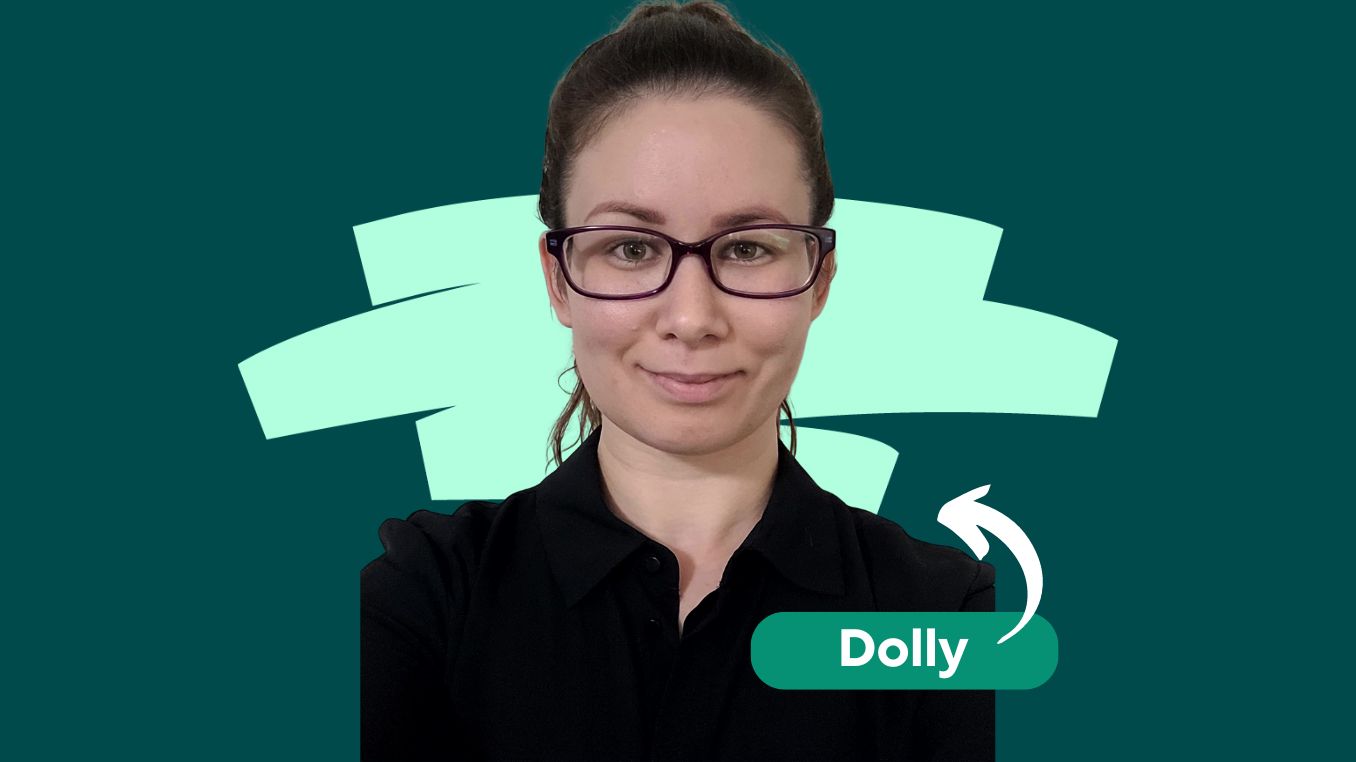


Edmen Community Staffing Solutions Blog







